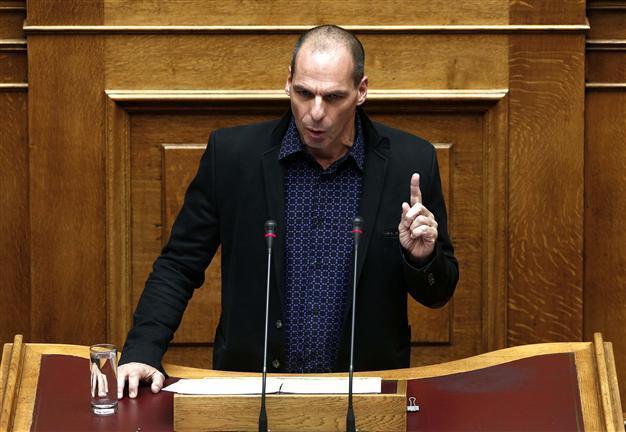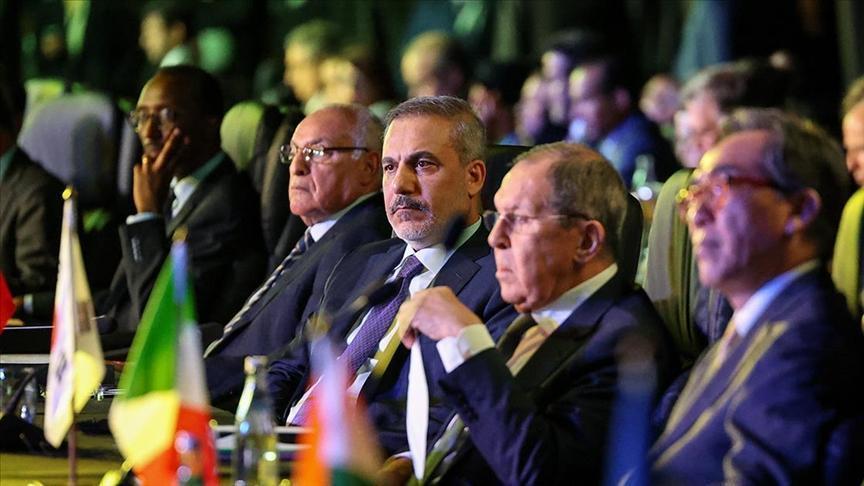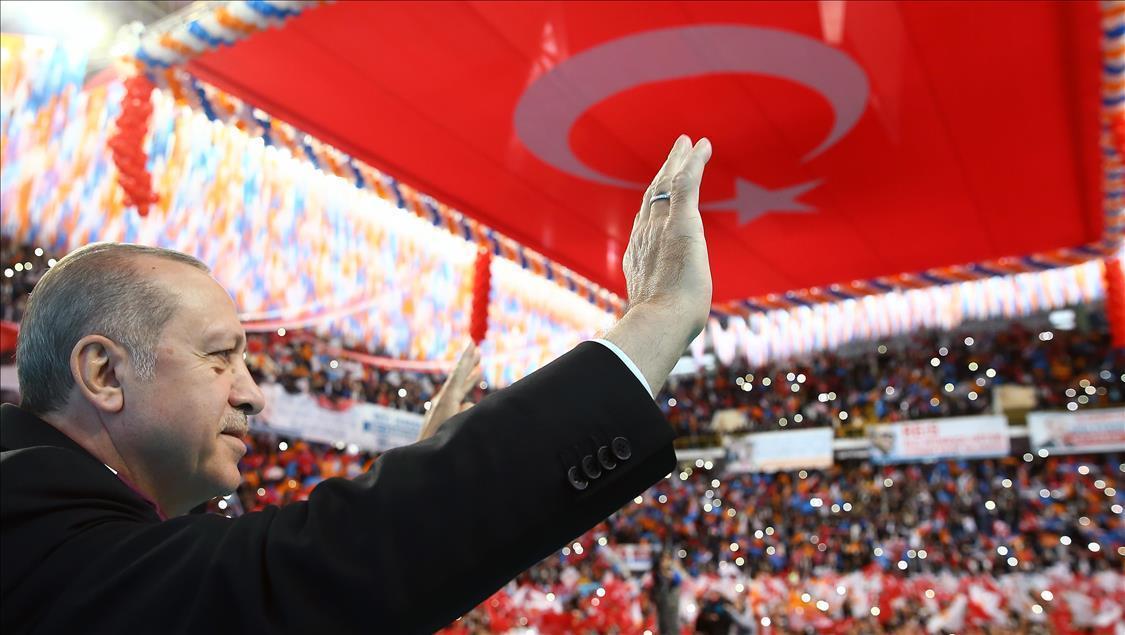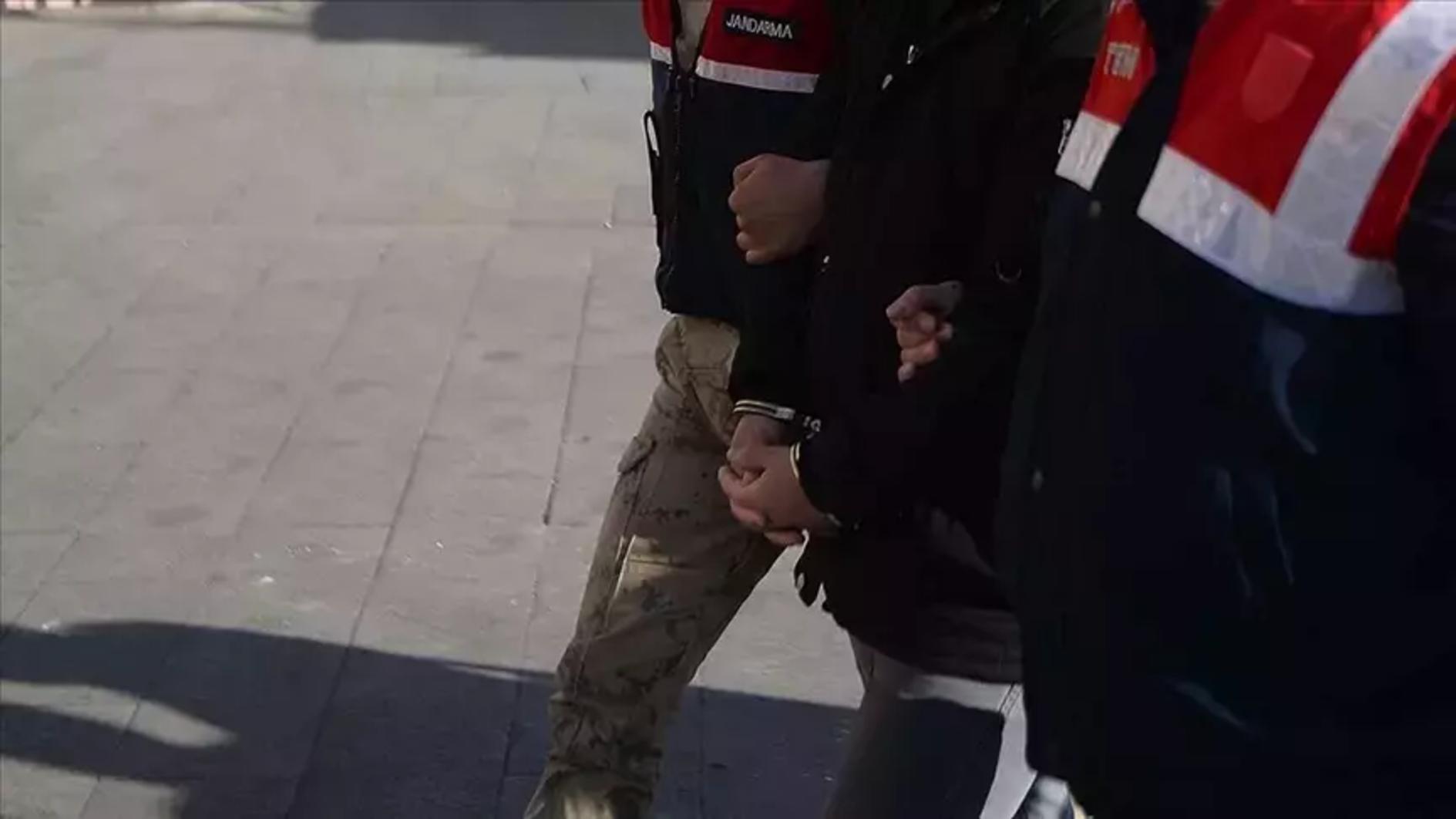Greece confident of bailout deal but warns deadline too tight
ATHENS - Agence France-Presse

REUTERS Photo
Greece's finance minister said on Feb. 15 he was confident a deal with the EU over the country's loathed bailout could be found while warning the February 28 deadline may be too tight."Our strong stance, based on logic, will lead to an agreement, even at five minutes past the hour," Yanis Varoufakis said in an interview with the Sunday Kathimerini newspaper.
Athens was steeling itself for a meeting of eurozone finance ministers in Brussels on Monday, a high-stakes gamble that could see Greece forced out of the eurozone if a deal is not found by the end of the month.
Varoufakis said consultations on Athens' demands for a radical restructuring of its bailout had made him "optimistic", but warned there were still issues of friction such as privatisations and labour rights.
And he insisted: "There is no plan B."
Thousands of Greeks were expected to take to the streets later Sunday for pro-government demonstrations, with supporters across Europe holding their own rallies to call on Brussels to loosen the noose of austerity.
MEP Manolis Glezos, 92, a member of the ruling radical left Syriza party and World War II resistance icon, called on his compatriots to "respond to the battle call of history".
The EU and the International Monetary Fund bailed Greece out in 2010, and then again in 2012 to the tune of some 240 billion euros, plus a debt write-down worth more than 100 billion euros ($113 billion).
In return for the bailouts, the then centre-right Greek government agreed to a series of stinging austerity measures, and the much-resented oversight by the EU, IMF and European Central Bank "troika".
Prime Minister Alexis Tsipras won elections last month on promises to ditch the programme, which he said was strangling the economy.
He laid out his plans for a new deal to his peers, including Europe's sceptical paymaster German Chancellor Angela Merkel, at his first European Union summit last week.
Merkel recognised the need for compromise on all sides, but also called for Greece to respect the conditions of the bailout -- a position that neatly encapsulated both sides in the stand-off.
Tsipras said Saturday that Monday's meeting of the 19 eurozone finance ministers, which kicks off at 1400 GMT, will be "difficult", adding that "it is early to speak of an agreement."
The EU has urged Greece to prolong its bailout, without which it fears it will default on its debts.
It is also unwilling to let Greece off the hook while other EU member states that received bailouts were forced to implement painful reforms.
The Greek government insists it wants a "bridge programme" instead, which would tide it over while it negotiates a new deal on an austerity programme it says has punished ordinary Greeks, creating desperate poverty and sky-high unemployment.
The jobless rate was 25.8 percent in November, with youth unemployment at a towering 50.6 percent.
Greek newspapers clung to hope for a deal, with the Vima weekly running a cartoon showing Merkel and Tsipras building a stone bridge together.
















